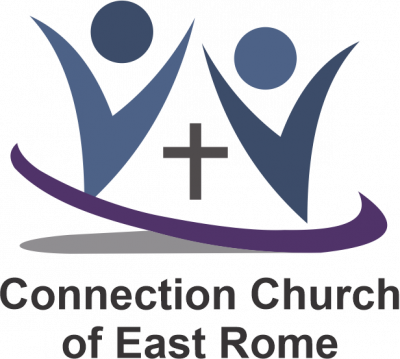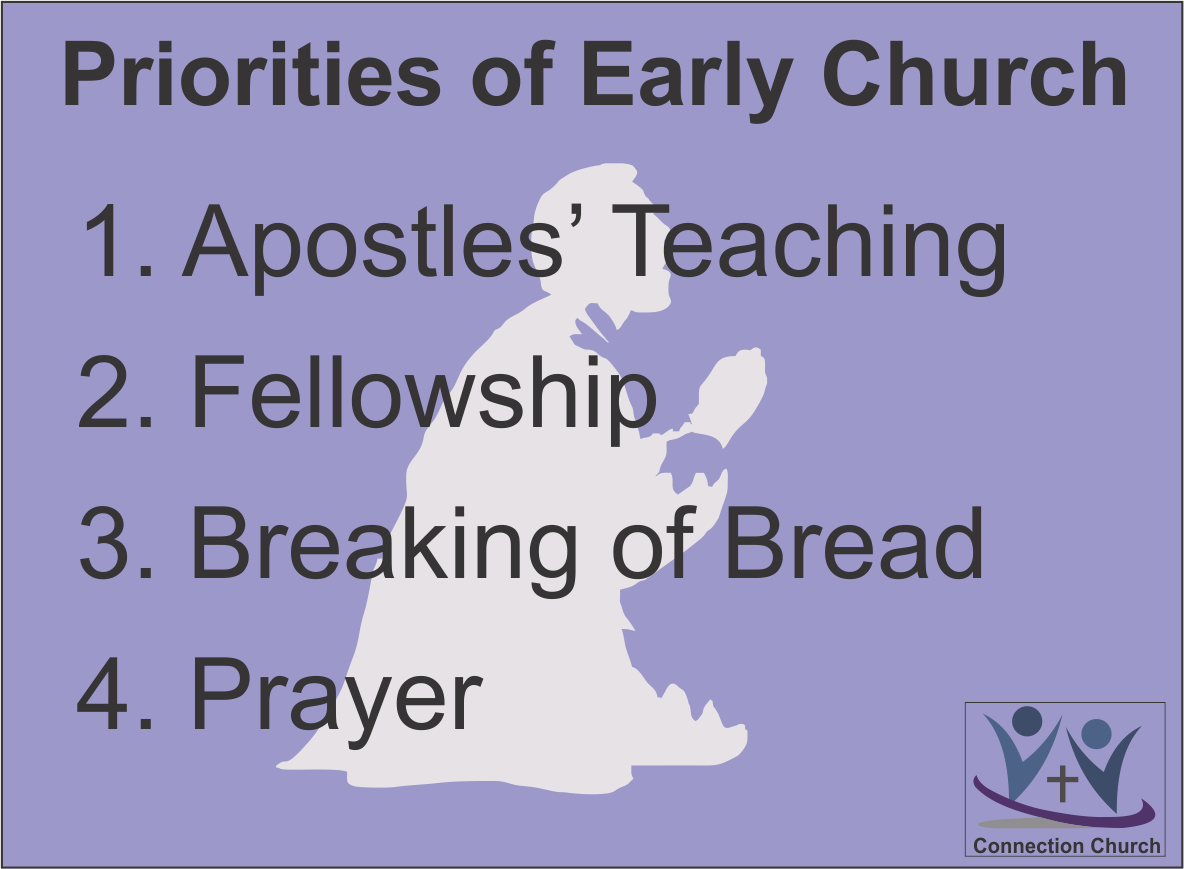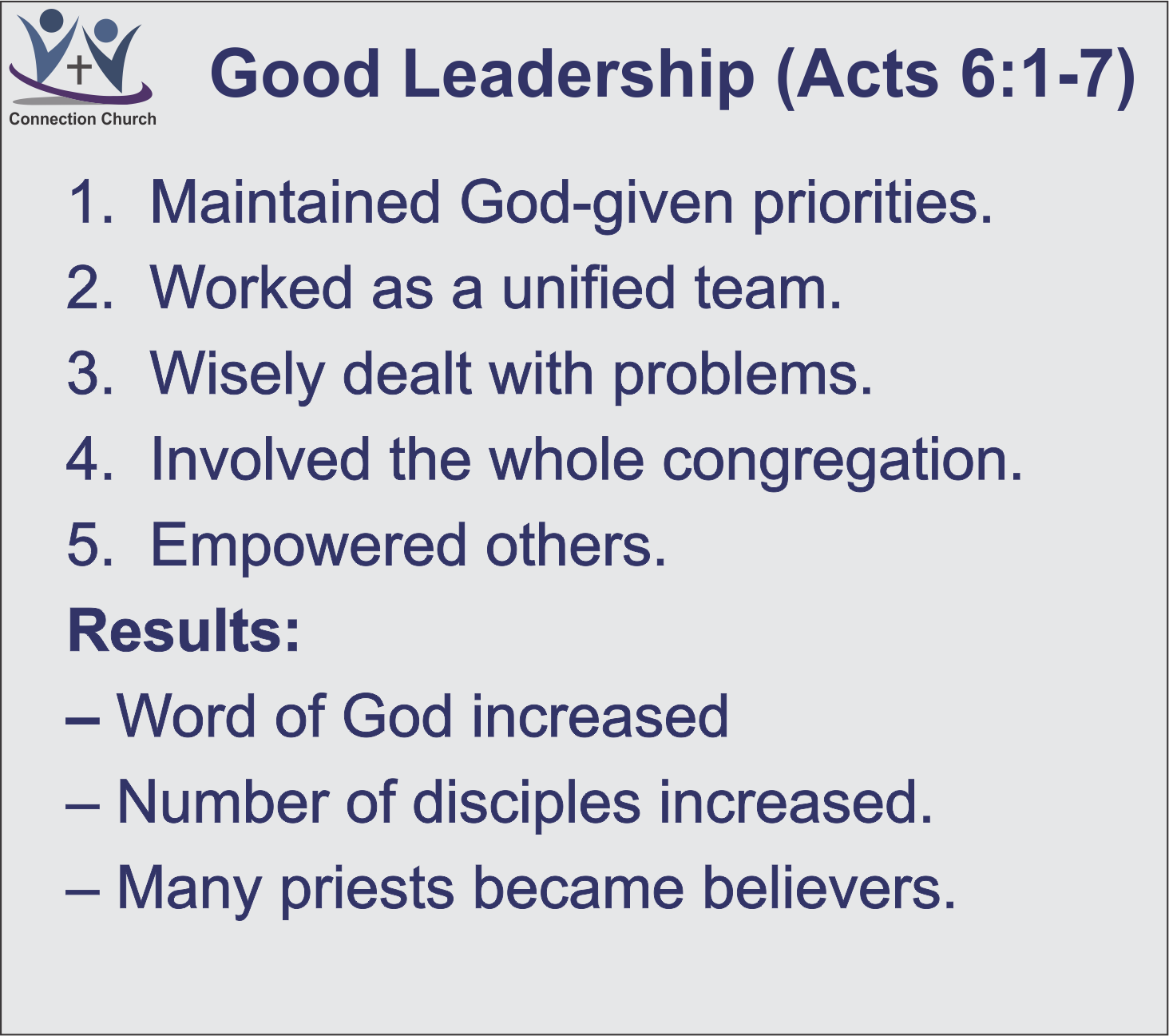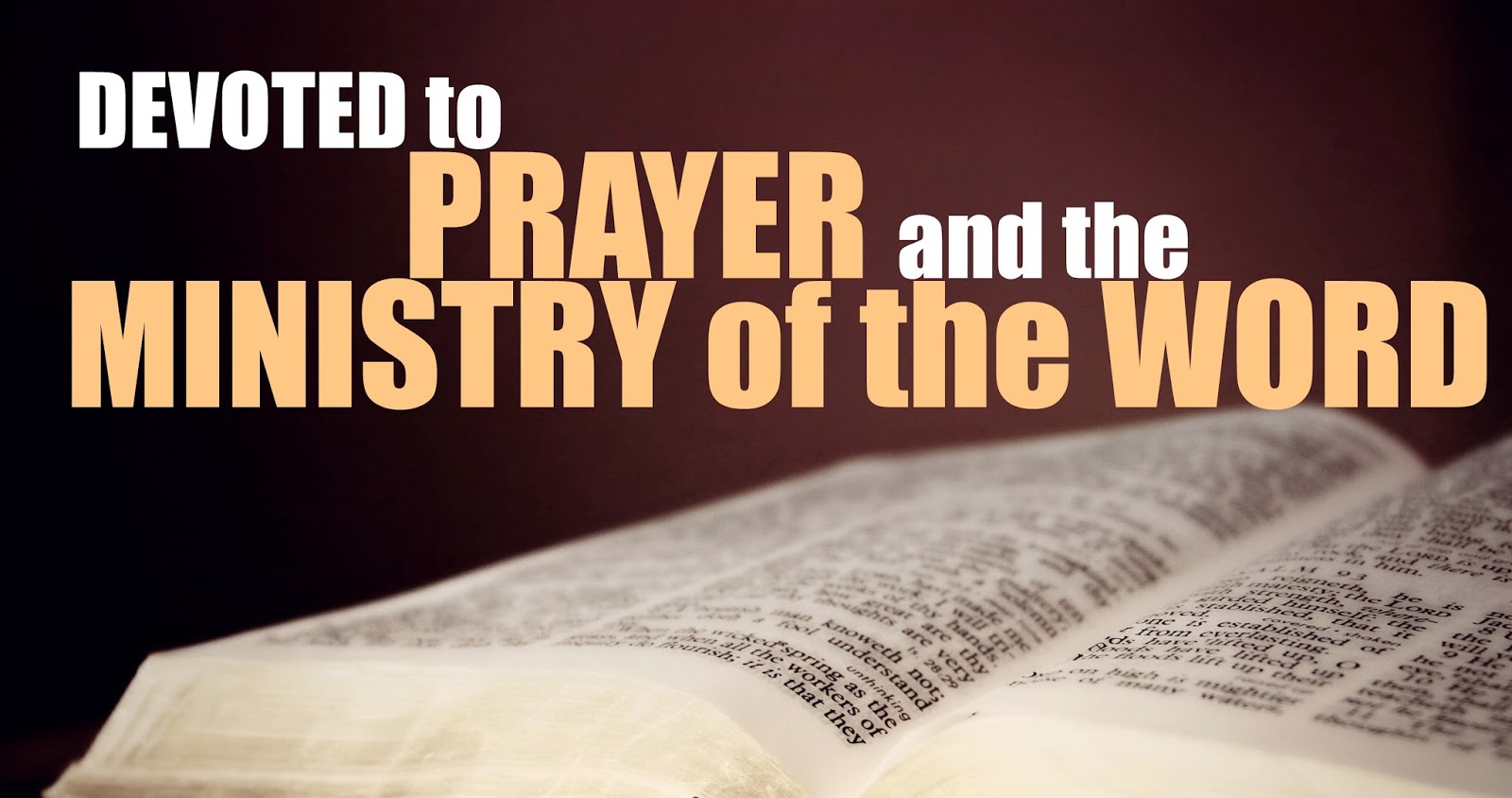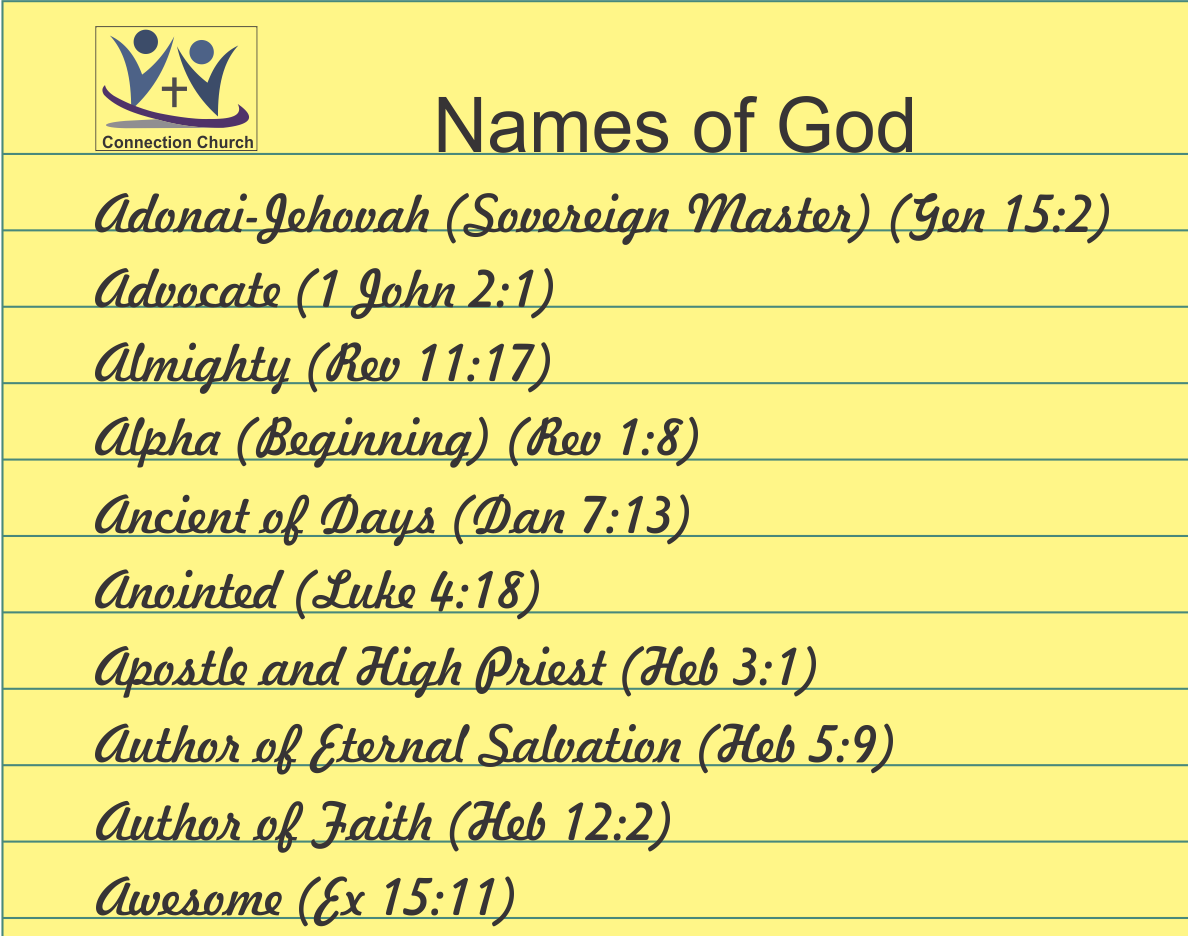Karen and I are both in Houston this week. She came to help out with our newest grandchild, and I was here to teach a class. My class was cancelled yesterday because the ice storm that hit the Houston area, and many of the roads were closed. We went out for lunch yesterday, and she had a desire for Mexican food from a particular Mexican restaurant. When we arrived at the restaurant, we found out that they were also closed. There were many other restaurants around there that we could have gone to, but I knew of another good Mexican restaurant a few miles from there. So we drove over to that restaurant and enjoyed some good Mexican food. I knew that she had a desire to eat Mexican food, and I tried to honor her. Husbands are told to honor their wives (1 Peter 5:7), and honoring her desire for Mexican food was just one way of honoring her.
The Scriptures teach us to honor God and to also honor all men. (1 Peter 2:17) Sometimes honoring the Lord or others is with our finances. (See Proverbs 3:9-10, 1 Timothy 5:3, 17.) However, there are many other ways that we are to honor others. Honoring someone’s wishes is an important way of honoring them. When Israel went down to Egypt, he charged his sons to bury him in the cave that is in the field of Ephron the Hittite in the land of Canaan. (See Genesis 49:29-31.) After he died, Joseph and his brothers honored their father’s wishes and took his body to Canaan and buried him in the cave. (See Genesis 50:12.) They honored their father by carrying out his wishes. Similarly, when Joseph was about to die, he asked the sons of Israel not to leave his bones in Egypt, but to take his bones back to the promised land. (See Genesis 50:24-26.) Many years later, Moses and the sons of Israel remembered Joseph’s requests and honored him by taking his bones with them to the promised land. (See Exodus 13:19.)
What are some keys to honoring others? (See Philippians 2:3-5.) First, learn to be selfless. Paul told the Philippians do nothing from selfishness or empty conceit. Second, with humility of mind regard others as more important than yourself. Third, learn to look out for the interests of others. Find out what their interests are, and what you can do to honor their interests. As you do these three things, you will be living with the same attitude that Christ had.
